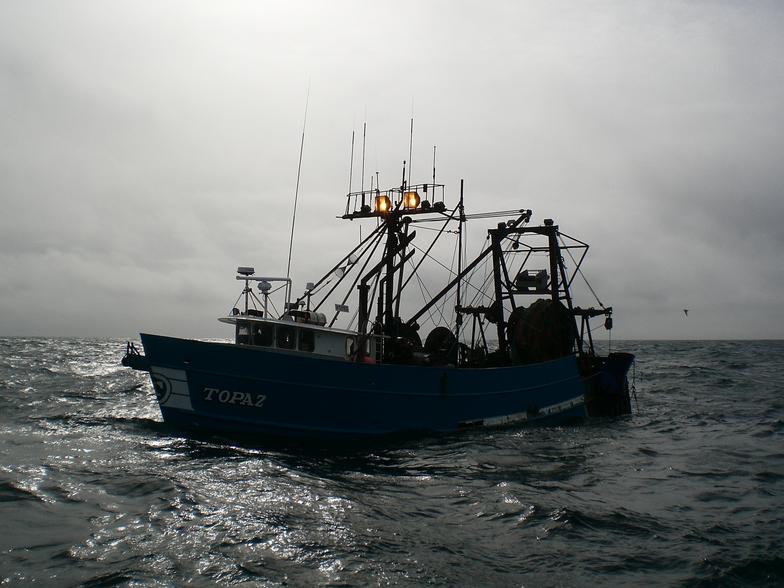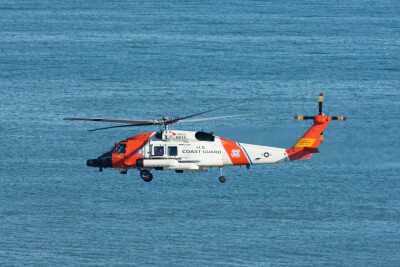Reduced salmon bycatch and increased catches of rockfish bode well for Alaska’s groundfish trawlers in 2018. As of July, most of the boats had off-loaded their dragging gear and switched over to massive deck pumps to fill out salmon tendering contracts in Bristol Bay and elsewhere around the state.
That’s typical for many of the Kodiak-based catcher boats in the off-season, but the kicker in their year (so far) began during fisheries directed for arrowtooth flounder and various rockfish species months earlier.
“Things have been off in recent years, in the way that the fisheries have been functioning,” said Julie Bonney, executive director of the Alaska Groundfish Data Bank, in Kodiak.
Incidental catches of king salmon and halibut during the 2017 season caused closures that not only put a crimp in the potential harvest of the groundfish quotas but caused an unfavorable pulse of supplies in markets that favor a steady flow of fish to end consumers.
But 2018 brings hope of a turnaround. Ocean conditions seem to have gifted the trawlers in terms of distribution and density of rockfish. As of July 1, the fleet had harvested 68 percent of the rockfish quota compared to 2017 when they caught 43 percent.
Better yet, the incidental take of king salmon was down. Bonney reported on June 28 that the fleet in the Gulf of Alaska logged 6,200 salmon of a total allowable 32,250 salmon.
“It’s a bit better than it’s been in the past few years,” she said.
Last year, trawlers hit the trigger number (1,700 kings during two of the five harvest periods throughout the year) and lost a month of fishing from April 13 to May 15.
While the rockfish harvest was on the rise for 2018, the flatfish harvest was lagging, according to Bonney. Deliveries through the end of June stood at 8,287 metric tons.
“We’ve caught 2,700 metric tons less than last year,” she said.
Ex-vessel prices, meanwhile, hovered at $140 per ton for arrowtooth flounder and plaice, and some rockfish species netted trawlers more than $300 per ton.







